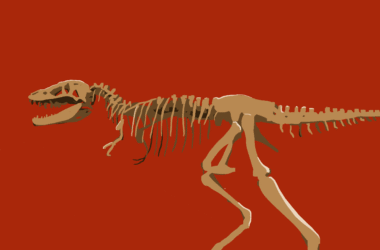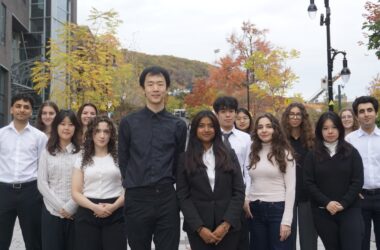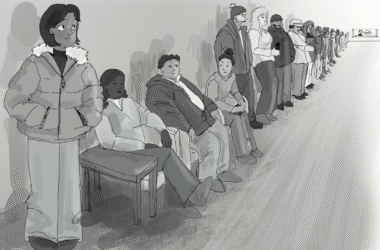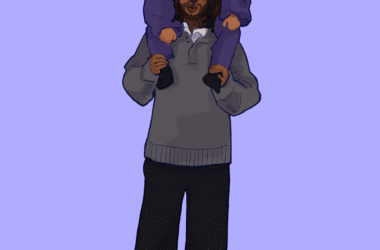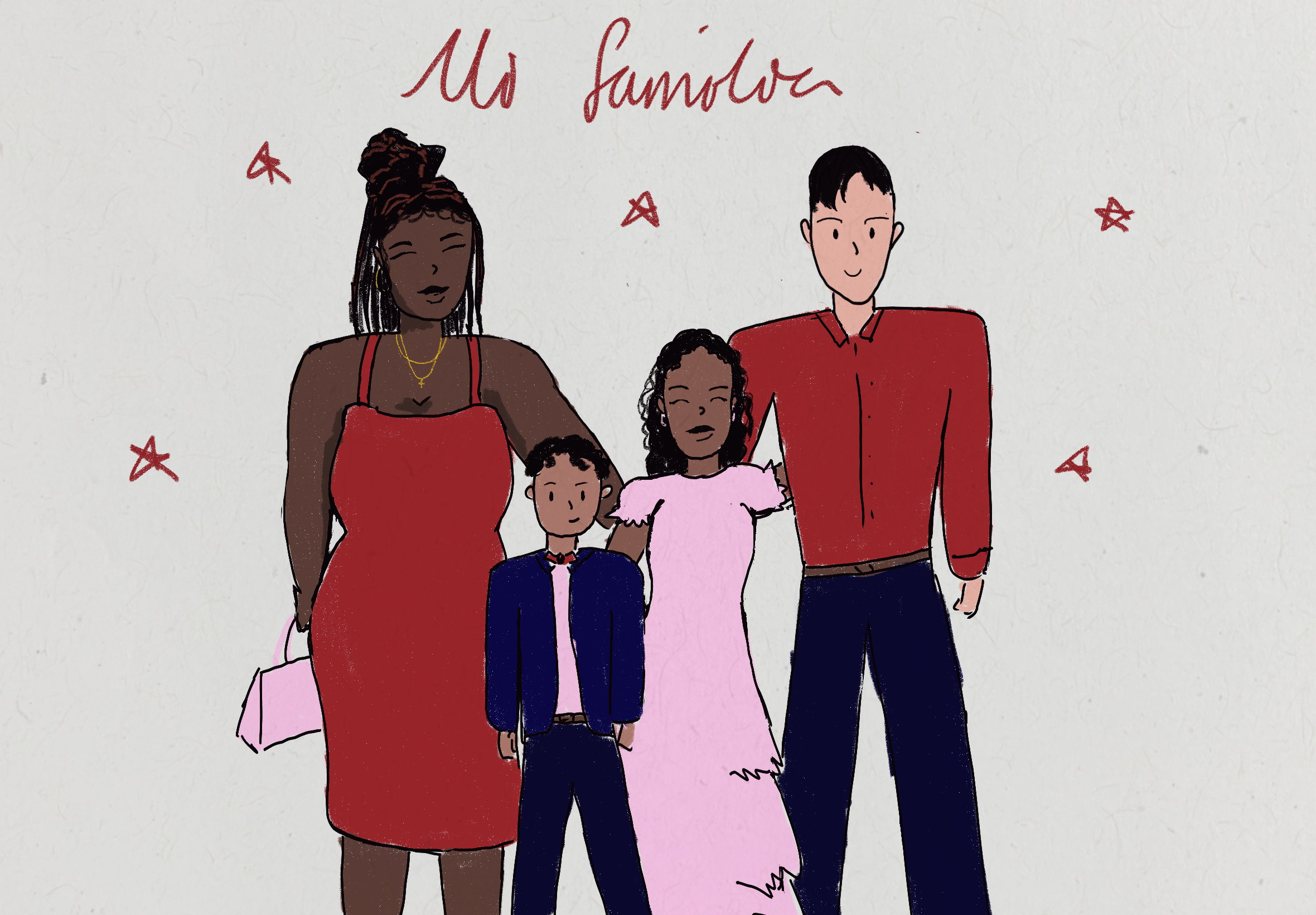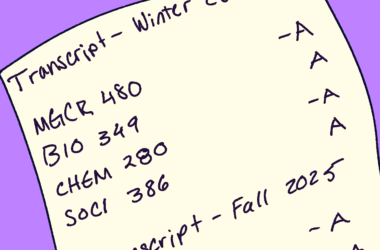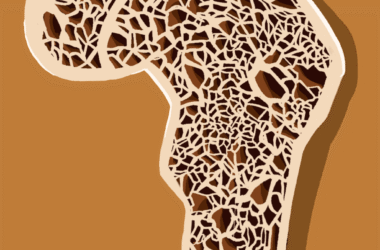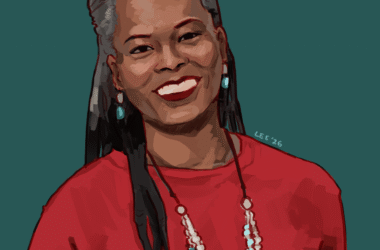Montreal is often nicknamed the “Underground City” due to its large pedestrian subway network. How many kilometres does this network run? Which McGill professors discovered the chemical element radon in 1899? Annie L. Macleod was the first woman to earn a PhD at McGill. In which department did she complete[Read More…]
Science & Technology
The latest in science and technology.
McGill Biodesign pushes the boundaries of competitive bioengineering and peer collaboration
McGill BioDesign is one of McGill University’s premier bioengineering design teams. Based on engineering design practices, the team tackles an array of projects in medtech and sustainability, affording students the opportunity to collaborate in research laboratories across campus and compete internationally. For many, McGill BioDesign provides a unique learning environment[Read More…]
Available but not accessible: Clinicians highlight gaps in mental health service delivery
Conversations surrounding mental health (MH) have increased dramatically in recent years, with many institutions promoting wellness and expanding volumes of resources. However, the presence of services alone does not guarantee accessibility, particularly for immigrants, refugees, and socioculturally diverse communities, who often face barriers due to language, financial constraints, and increasing[Read More…]
Parenting Black and Latine children in an era of heightened racism
In a political context marked by U.S. President Donald Trump’s inflammatory rhetoric vilifying people of colour, the rise of white supremacy, and heightened anti-immigration enforcement by ICE, racism and discrimination have become increasingly prevalent and dangerous for many people of colour. Black and Latine youth, in particular, are victims of[Read More…]
‘Not enough:’ How racial invalidation impacts the mental health of multiracial individuals
Despite facing unique forms of discrimination, multiracial people remain largely overlooked in research on the intersection of racism and mental health. Multiracial people not only experience racism from strangers, but also from within their own families—a phenomenon known as intrafamilial racism. This, in turn, is a risk factor for poorer[Read More…]
Started vaping to stop smoking? This medication may help you quit both
Electronic cigarette usage has increased rapidly in recent years, with global estimates surpassing 100 million users. As vaping continues to grow in popularity, physicians and public health researchers are facing a difficult question: How should people quit a habit for which there is virtually no medical treatment consensus? A new[Read More…]
Improving Black and Latine youths’ sense of belonging in schools
Adolescence is a formative time for young people to define both who they are and who they hope to become. For Black and Latine youth, that journey often unfolds against a backdrop of historical barriers and discrimination in society as well as in educational settings, ultimately shaping how they see[Read More…]
How socioeconomic inequality accelerates musculoskeletal decline
As we get older, our muscles and bones gradually weaken, a progression that can lead to falls, fractures, and a devastating cycle of hospitalization and physical decline. But not everyone experiences this decline at the same rate—social and economic conditions over a lifetime can profoundly shape how the body ages,[Read More…]
Meet your prof: Loydie Jerome-Majewska
From uncovering the genes that cause birth defects to serving as Chair of the Board of Directors of the Canadian Black Scientists Network, Professor Loydie Jerome-Majewska has been a catalyst for change across fields. She serves as a professor in McGill’s Department of Pediatrics and senior scientist at the Research[Read More…]
From fauna to flora: The benefits of switching to plant-based protein
Vegetarianism has been on the rise for years; in 2024, 2.3 million Canadians self-identified as vegetarian, a 176 per cent increase from 2015. Several factors contribute to the marked rise, including vegetarianism’s perceived benefits for both individual consumers and the environment. But how beneficial is it really? McGill Professor of[Read More…]
